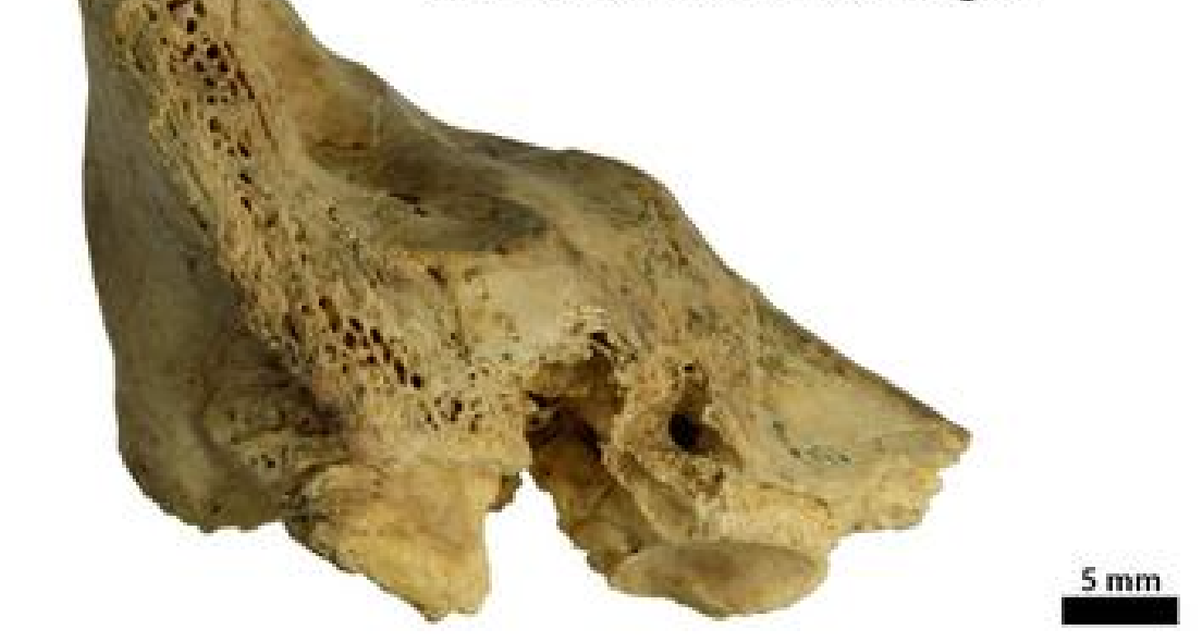Time: 2024-06-27
Neanderthal fossils from a child with Down syndrome found in Valencia, Spain, provide insight into the compassionate caregiving that allowed the child to survive to the age of 6. The fossils, excavated from the Cova Negra archaeological site, displayed congenital malformations consistent with Down syndrome, which had never been detected before in a Neanderthal. A CT scan of the temporal lobe reconstructed the inner ear, revealing abnormalities associated with Down syndrome. The child's mother likely struggled to provide care while maintaining a foraging lifestyle in the Paleolithic era.

The Neanderthal child, affectionately named Tina, showed evidence of Down syndrome, including inner ear malformations. The condition is associated with severe hearing loss and vertigo, impacting physical and cognitive development. Despite the challenges, Tina survived to at least 6 years of age, requiring extensive care from the Neanderthal community. This discovery sheds new light on Neanderthal behavior, demonstrating their capability for compassionate caregiving towards vulnerable individuals.
Researchers have long known about Neanderthals caring for disabled members of their groups, but the case of Tina provides the first evidence of altruistic care for a vulnerable child. Previous studies have suggested that Neanderthal caregiving may have been reciprocal, but Tina's case indicates true altruism within the community. The findings challenge the notion that caregiving was solely based on reciprocal help exchange between equals.
The discovery of Down syndrome in a Neanderthal child highlights the complexity of human evolution and the compassionate nature of our ancestors. This groundbreaking study combines archaeological excavations with modern medical imaging techniques to uncover the first evidence of Down syndrome in Neanderthals. The research emphasizes the importance of compassion in early human societies, providing valuable insights into the evolution of caregiving behaviors.
In conclusion, the fossils of the Neanderthal child with Down syndrome found in Valencia, Spain, offer a unique perspective on the compassionate caregiving practices of our ancient ancestors. The discovery of Tina sheds new light on Neanderthal behavior, revealing the capacity for altruistic care within their communities. This study underscores the importance of understanding the complexities of human evolution and the role of compassion in shaping early societies.